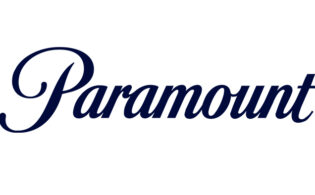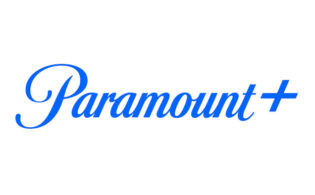Bob Bakish, president and CEO of Paramount, shared his thoughts on the evolution of the content-distribution business and its continued importance to the company in his Media Mastermind keynote at MIPCOM, where he was honored with the Personality of the Year award.
Bakish last delivered a keynote at MIPCOM in 2011, when he was at the helm of Viacom International Media Networks. “Today’s environment requires that we’re hardwired and ready for change—call it evolution, call it revolution. To us, it’s about constantly reinventing or risking irrelevancy. That was true then, and it’s certainly true now.”
Bakish continued, “Change brings new challenges. But also brings new opportunities, including, importantly, in content licensing, a business that has significant strategic and financial value for Paramount. A business we have always been committed to. And while our peers were pulling back content and putting up walled gardens, we never left. All of us in Cannes today share in some shape or form a commitment to the content licensing ecosystem. One that supplies a robust supply of content from diverse sources to entertain the world’s consumers and one that provides an opportunity for new creators to break through and untold thousands to be able to earn a living. Importantly, we share not only a commitment but a responsibility to move the industry forward, to evolve it, to grow it for our mutual benefit. Content licensing was, is and will continue to be a fundamental part of our economic model. It is an incremental platform for the development of our global franchises, which helps get our content in front of as many consumers as possible. It’s a profitable multibillion-dollar business for Paramount, and it’s a critical driver of our broader strategy to make and distribute content with mass global appeal across all genres from brands that matter, maximize this content across multiple platforms and multiple revenue streams and to do it all more efficiently than ever before, all in the pursuit of long-term value.”
Bakish went on to discuss Paramount Global Content Distribution’s expanded multiyear licensing deal with Cosmote TV in Greece, creating a Paramount+ branded area on its platform. “We look at the intersection of consumers, customers and Paramount,” Bakish said. “We do that with a strong underpinning of content and ultimately a quest for value and growth.”
The deal with Cosmote TV reflects a new age in content licensing, he said. “We provide a world-class collection of content. In a world of lots of entertainment options, there is unquestionable sustained demand for that kind of content. We have been scaling our streaming business. We saw a real partnership opportunity to go and provide a customer with what they were looking for, which is high-quality content—think output deal—but in this case in what I call a Paramount+ envelope that they ingest into their platform. We’re not launching Paramount+ the app on an O&O basis in that market. Instead, we’re providing that content and reaching those streaming consumers through a partner.”
The move helps Cosmote TV with engagement and churn, and “is a far more attractive financial expression for us than launching in the market. We think this is a very important development in the arc of the content-licensing business. It is very strategic on our part and very thought through. And candidly, it’s the first of many markets we’re going to unlock this way.”
On the streaming business in general, “2024 will be a year of significant earnings growth for the company, driven by a significant reduction in streaming losses.”
Expanding into multiple markets with a D2C model was the model of choice for many operators two years ago; today, you need a more multifaceted approach to streaming, he said, notably by way of partnerships. He called it a “more fiscally responsible and hopefully more financially powerful way to unlock the streaming total addressable market.”
Paramount benefits from being in both SVOD with Paramount+—which includes an ad-lite tier—and AVOD with Pluto TV, he noted.
“The trough” the company finds itself in—alongside a raft of other media companies—is deeper than expected because of the conditions in the ad market, he said. “It’s not actually deeper because we’ve done some work on the cost side, and we decided to consolidate Paramount+ and Showtime. But clearly the ad market softening in ’22 into ’23 was an additional headwind that we’re playing through. And fundamentally, we saw this coming. We continue to be focused on execution. We’re doing it in a differentiated way, and we’re going to demonstrate that we are a scale streaming player.”
There is room for growth on the streaming front, with the total addressable market “fundamentally larger” than the traditional linear universe. “Unlocking that TAM in a financially attractive way makes partnership very important. That’s the route we’re on.” Greece is the latest example, but there are others, such as CANAL+ in France, Sky in the U.K. and Delta globally. “All these are value-creating elements of a broader partnership around streaming that differentiates us in the marketplace. And again, is very important to our path forward and the path to profitability.”
Bakish also noted that the linear ecosystem is still a key contributor to Paramount. “One is financial. The other is, we share content with that ecosystem on a windowed basis. We leverage marketing. We fulfill advertising deals. We do distribution deals. It’s financially accretive to the company.”






